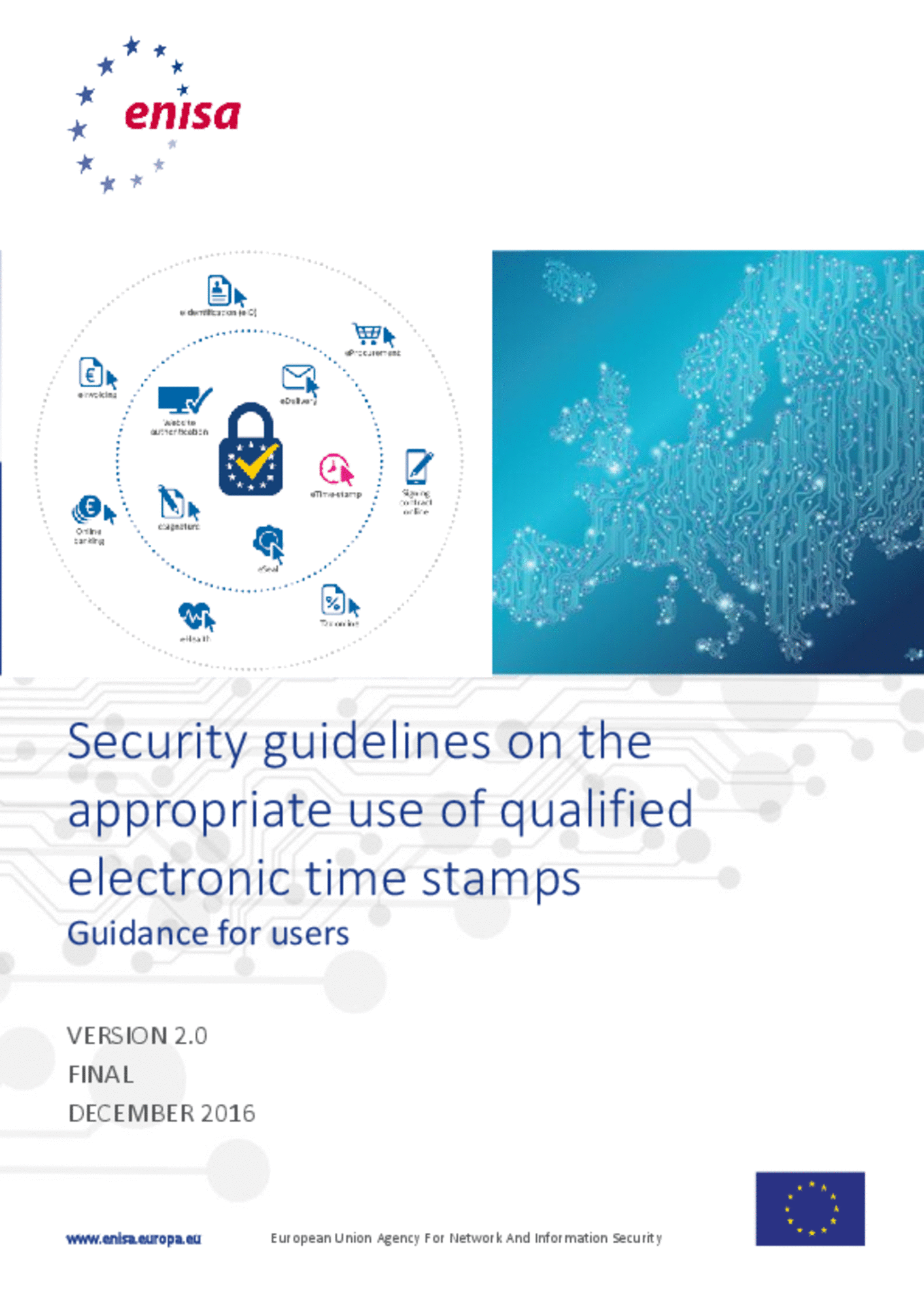Publication date:June 29, 2017
On July 1st 2016, Regulation (EU) 910/2014 (hereafter called the eIDAS Regulation), which lays down the rules on electronic identification and trust services for electronic transactions in the internal market came into force covering across Europe in all 28 Member States. It defines trust services for supporting electronic signatures, electronic seals, electronic time stamps, electronic registered delivery services and website authentication.
The eIDAS Regulation represented a big step forward in building a digital single market as it provides one common legal framework for all parties relying or providing on those kind of services. Indeed, various sectors of the economy (e.g. finance, banking, transport, insurance, health, sharing economy, trading, etc.) where obligations exist for security, reliable identification, strong authentication, legal certainty of evidences, will clearly be positively affected by the eIDAS Regulation. This latter will indeed allow citizens, businesses and public administrations to meet such obligations for any (cross-border) electronic transaction as they will now be able to use the recognised eID means and (qualified) trust services. In particular, a qualified electronic time stamp shall enjoy, all over the EU, the presumption of the accuracy of the date and the time it indicates and the integrity of the data to which the date and time are bound.
Search related content with: Trust service providers eID Identity & Trust

